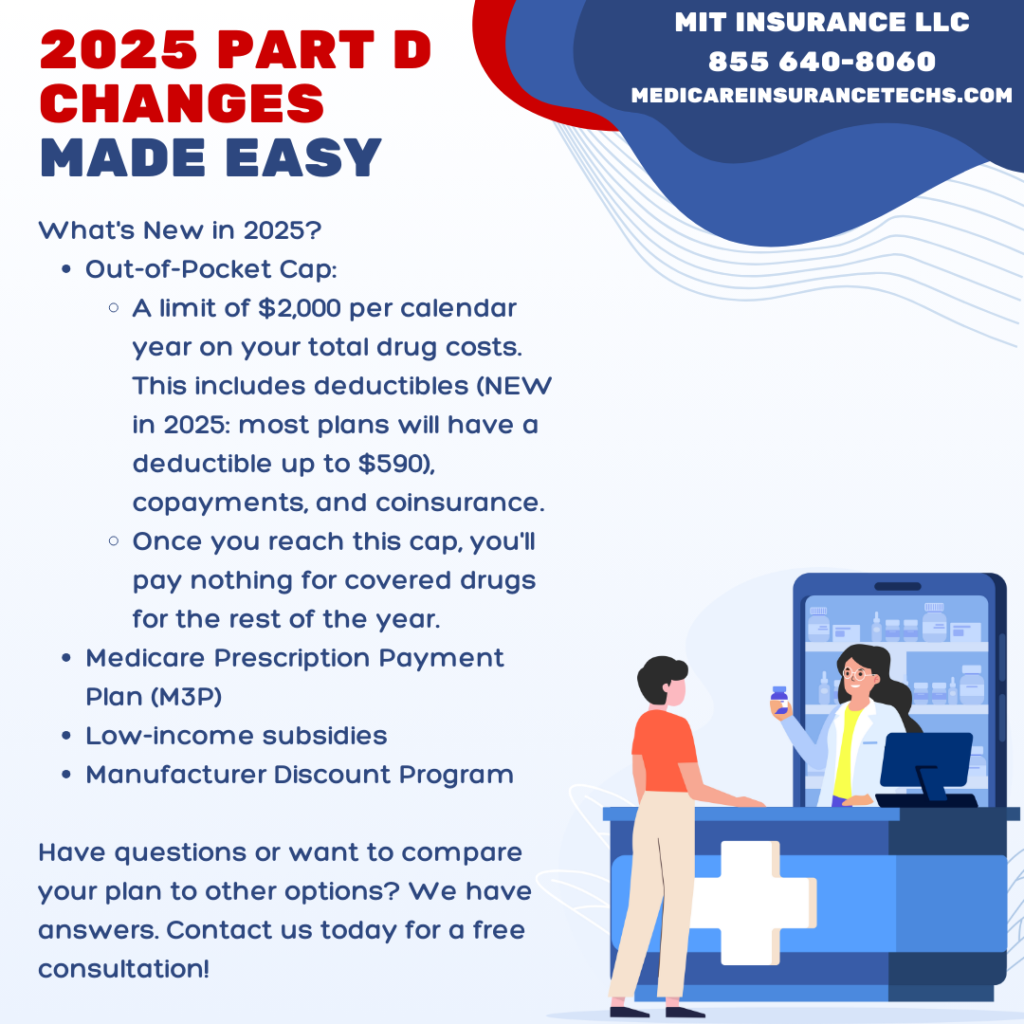
Medicare Simplified
Medicare Simplified See All Posts Understanding your Medicare choices is a key step for seniors and their families, even if it seems complicated at first. There are two main paths: Original Medicare and Medicare Advantage. Each has its own set of pros and cons. Original Medicare Original Medicare is the traditional fee-for-service program. It’s made […]
Medicare Simplified Read More »








